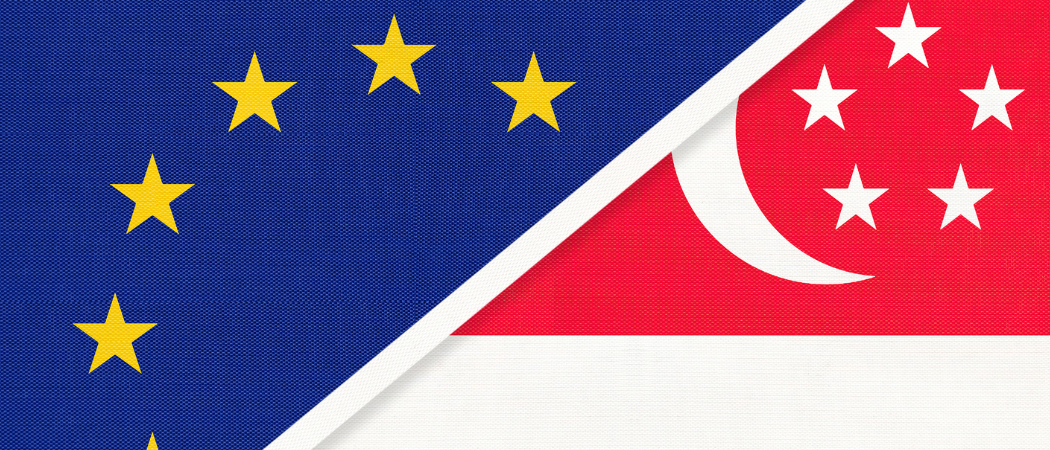City-state would be the latest to join after South Korea, Canada and New Zealand – but concerns about democracy are likely to make talks controversial

Photo: Bigstock
The European Commission has announced that it has opened early stage talks with Singapore about associating to Horizon Europe.
As part of a push to open up the research and innovation programme to distant, “like-minded” democracies, South Korea, Canada and New Zealand have already negotiated association to the industrially-focused pillar II of the scheme, while Japan is currently in talks.
Singapore was also one of the countries on the Commission’s target list for association, with EU lead negotiator Signe Ratso flying to the city in 2022. But only today have the talks progressed to an official level, albeit at the “exploratory discussions” stage for now.
“The two sides will now enter a series of technical discussions to look at the main parameters and principles of a future association agreement before deciding whether to engage in official negotiations,” according to a Commission statement released this afternoon.
The decision was announced after meetings between EU and Singaporean officials at a get-together of science ministers organised by the Organisation for Economic Co-operation and Development in Paris.
Research commissioner Iliana Ivanova, after meeting Tan Chorh Chuan, permanent secretary of the Singapore National Research Foundation, said in a statement, “The EU is looking to build alliances with the global leaders that are strong in research and innovation and that share our values and priorities.”
“This is why I warmly welcome Singapore’s interest in a possible association to Horizon Europe.”
However, the association of Singapore could prove controversial. Countries outside the European region are allowed to join Horizon Europe, but only if they fulfil certain criteria: “respect of human rights” and “democratic institutions,” according to the underpinning rules.
However, the city-state has been ruled by the same party since independence in 1965, and observers point to strong restrictions on public expression.
After Ratso’s visit in 2022, a spokesperson for Amnesty International said that “civil and political rights remain heavily restricted in Singapore.”
“Government critics and human rights defenders continue to be penalised for peaceful expression and for organising public assemblies.”
Speaking to Science|Business last month, however, Ratso said that an EU internal assessment of Singapore, conducted with the European External Action Service, “didn’t see any conflict” with Horizon Europe’s democracy provisions.
Last month, the Commission also announced it was starting exploratory talks with Egypt about Horizon Europe association, despite concerns over the country’s clampdown on academic freedom.
However, countries like Egypt in the European region are not subject to the same democracy criteria as distant nations like Singapore.





 A unique international forum for public research organisations and companies to connect their external engagement with strategic interests around their R&D system.
A unique international forum for public research organisations and companies to connect their external engagement with strategic interests around their R&D system.